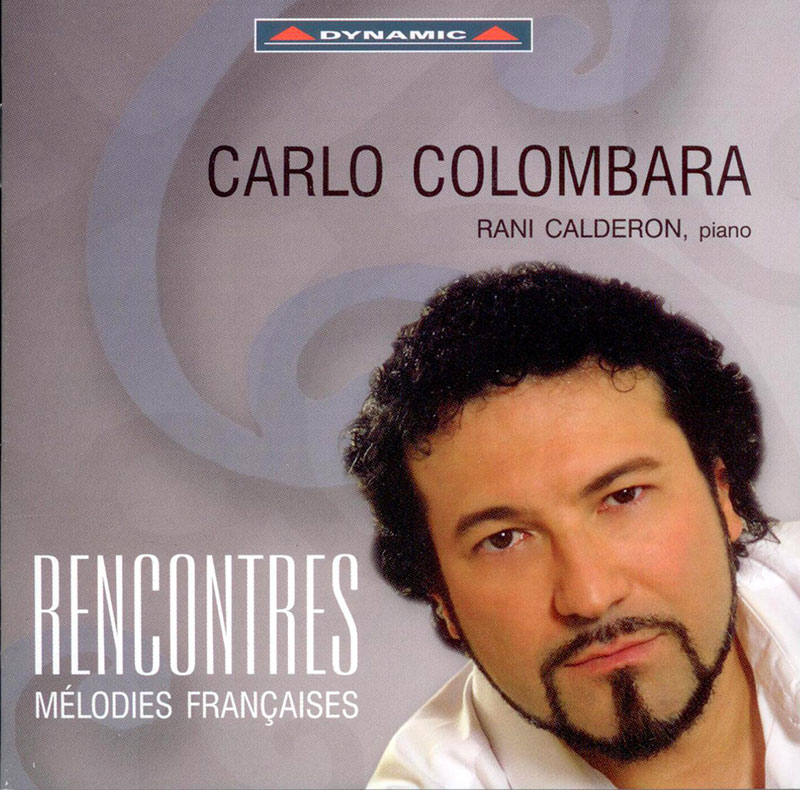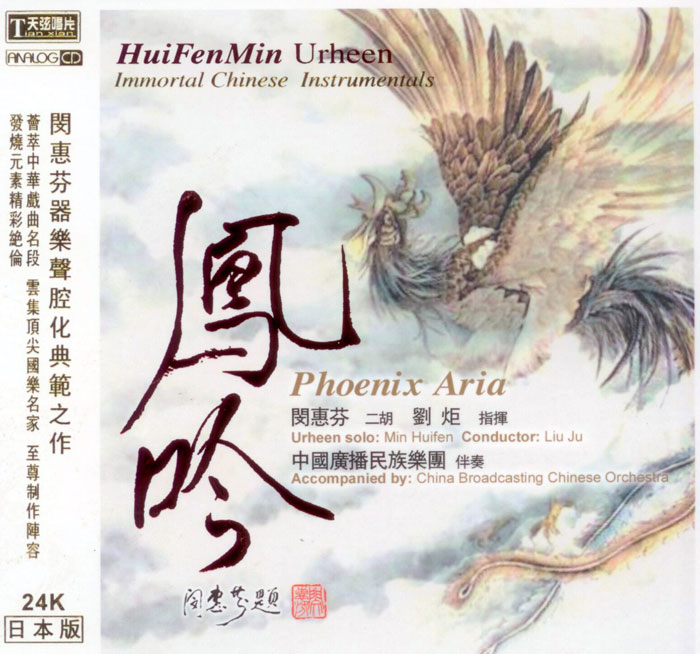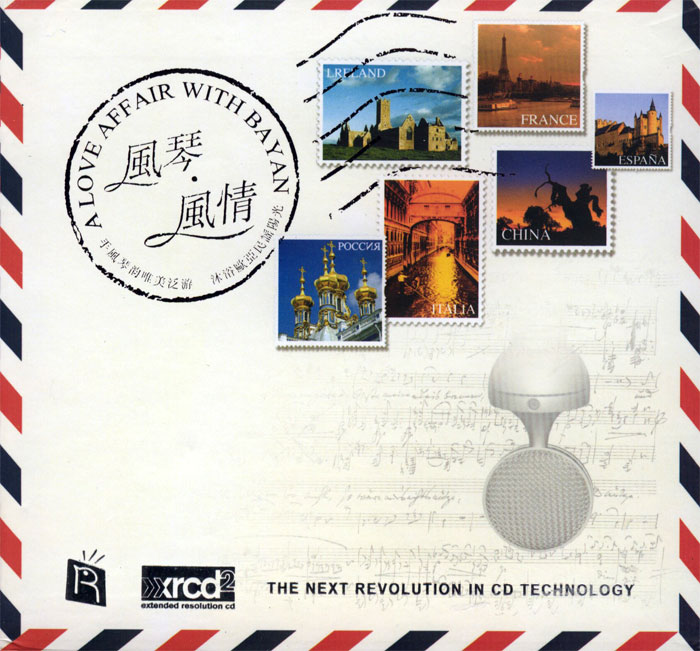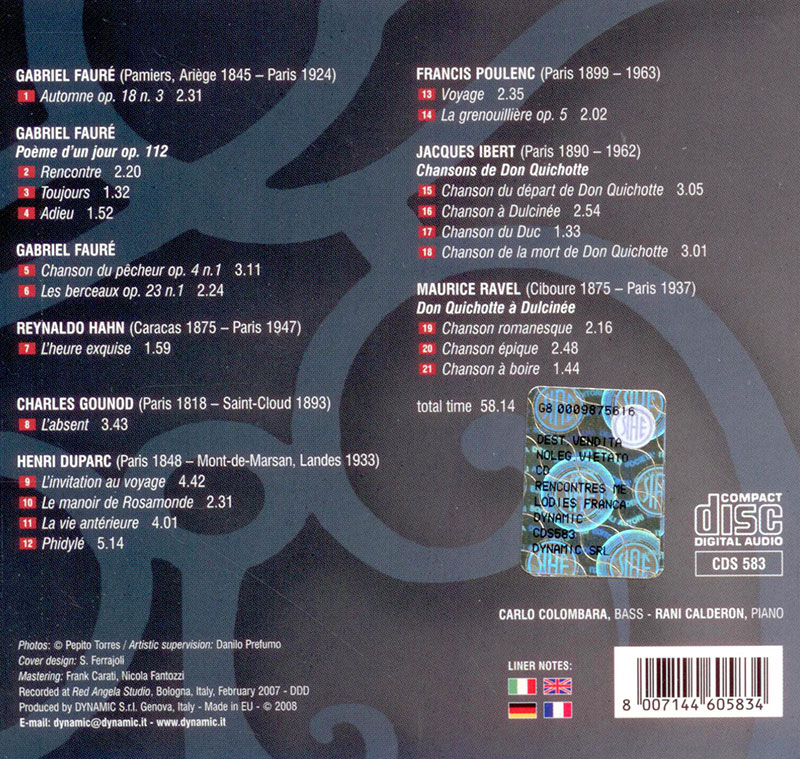Logowanie
Dlaczego wszystkjie inne nie brzmią tak jak te?
SpeakersCorner - OSTATNIE!!!!
RAVEL, DEBUSSY, Paul Paray, Detroit Symphony Orchestra
Prelude a l'Apres-midi d'un faune / Petite Suite / Valses nobles et sentimentales / Le Tombeau de Couperin
Samozapłon gwarantowany - Himalaje sztuki audiofilskiej
PROKOFIEV, Stanislaw Skrowaczewski, Minneapolis Symphony Orchestra
Romeo and Juliet
Stanisław Skrowaczewski,
✟ 22-02-2017
BARTOK, Antal Dorati, Philharmonia Hungarica
Dance Suite / Two Portraits / Two Excerpts From 'Mikrokosmos'
Samozapłon gwarantowany - Himalaje sztuki audiofilskiej
ENESCU, LISZT, Antal Dorati, The London Symphony Orchestra
Two Roumanian Rhapsodies / Hungarian Rhapsody Nos. 2 & 3
Samozapłon gwarantowany - Himalaje sztuki audiofilskiej
Winylowy niezbędnik
ClearAudio
Cartridge Alignment Gauge - uniwersalny przyrząd do ustawiania geometrii wkładki i ramienia
Jedyny na rynku, tak wszechstronny i właściwy do każdego typu gramofonu!
ClearAudio
Harmo-nicer - nie tylko mata gramofonowa
Najlepsze rozwiązania leżą tuż obok
IDEALNA MATA ANTYPOŚLIZGOWA I ANTYWIBRACYJNA.
Wzorcowe
Carmen Gomes
Celebrating the art and spirit of music - vol. 5 - Reference Songs
- CHCECIE TO WIERZCIE, CHCECIE - NIE WIERZCIE, ALE TO NIE JEST ZŁUDZENIE!!!
Petra Rosa, Eddie C.
Celebrating the art and spirit of music - vol. 3 - Pure
warm sophisticated voice...
SAMPLER - STS DIGITAL, Gregor Hamilton
Celebrating the art and spirit of music - vol. 2 - Love songs from Gregor Hamilton
...jak opanować serca bicie?...
SAMPLER - STS DIGITAL
Celebrating the art and spirit of music - vol. 1 - Leonardo Amuedo
Największy romans sopranu z głębokim basem... wiosennym
Lils Mackintosh
Celebrating the art and spirit of music - vol. 4 - A Tribute to Billie Holiday
Uczennica godna swej Mistrzyni
FAURE, GOUNOD, IBERT, RAVEL, Carlo Colombara
Recontres - Melodies francaises

- Carlo Colombara - baritone
- FAURE
- GOUNOD
- IBERT
- RAVEL
This CD presents a collection of French art songs - mélodies - covering a wide range of emotional and stylistic content from Fauré to Ibert. - The complex origins of the mélodie can be traced to two song types, the 18th-century French romance and the lieder of Schubert. - The French composers emphasize the text rather than the melody, and the declamatory style is dominating their vocal writing.The French special sense for beauty manifests itself in the piano part, both in the rich textures employed and in the special harmonies. - The four Henri Duparc’s songs offer the richest writing for the piano as well as the longest and profoundest emotional experiences on this CD. - Gabriel Fauré’s style favours the balance of melodic forces and the research for melodic shadings, even though his admiration for Wagner appears in the use of irregular phrases and the use of a melodic line which becomes more free. - Jacques Ibert’s Quatre Chansons de Don Quichotte, composed in 1931, were included in the soundtrack of the movie ”Don Quixote” directed by Wilhelm Pabst, starring the Russian bass Feodor Chaliapin. - Ravel’s songs are pure and simple and yet full of profound emotional content. These three songs were Ravel’s last works. - The dark timbre and the colourful diversity of Colombara’s voice, as well as his extraordinary vocal culture, make him one of the most sought-after basses of our time. - Critics in Italy and abroad have underlined his stylistic versatility and interpretative suppleness, thanks to which Colombara can project the powerful authority of Verdi’s rulers and father figures just as compellingly as he can breathe life into the filigree cantilenas of Italian bel canto parts. - ”Carlo Colombara was noble and dignified as Norma’s dad, the head priest Oroveso” The Wall Street Journal, Heidi Waleson - ”The other find of the evening was Carlo Colombara, a bass making his New York debut as Mocenigo. Mr. Colombara’s sound is deep and rounded, and he projected Mocenigo’s malign character powerfully but without forcing it.” New York Times, Allan Kozinn

























